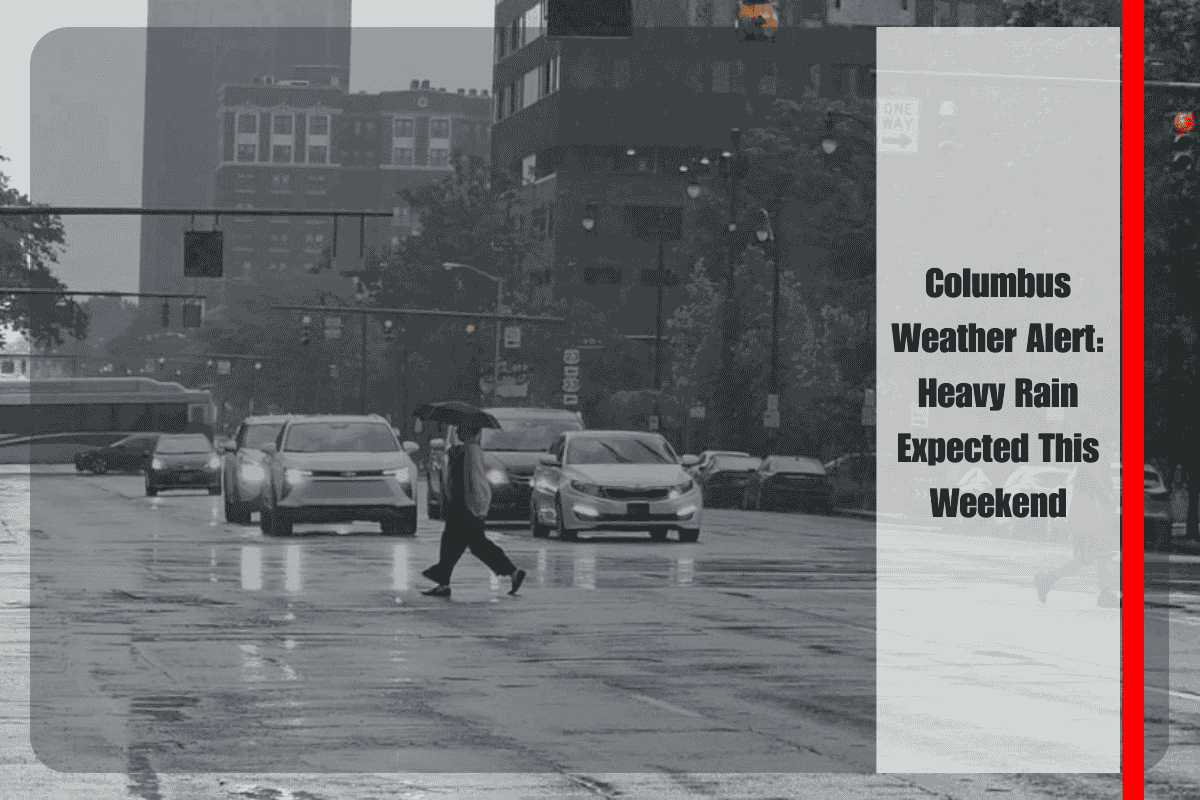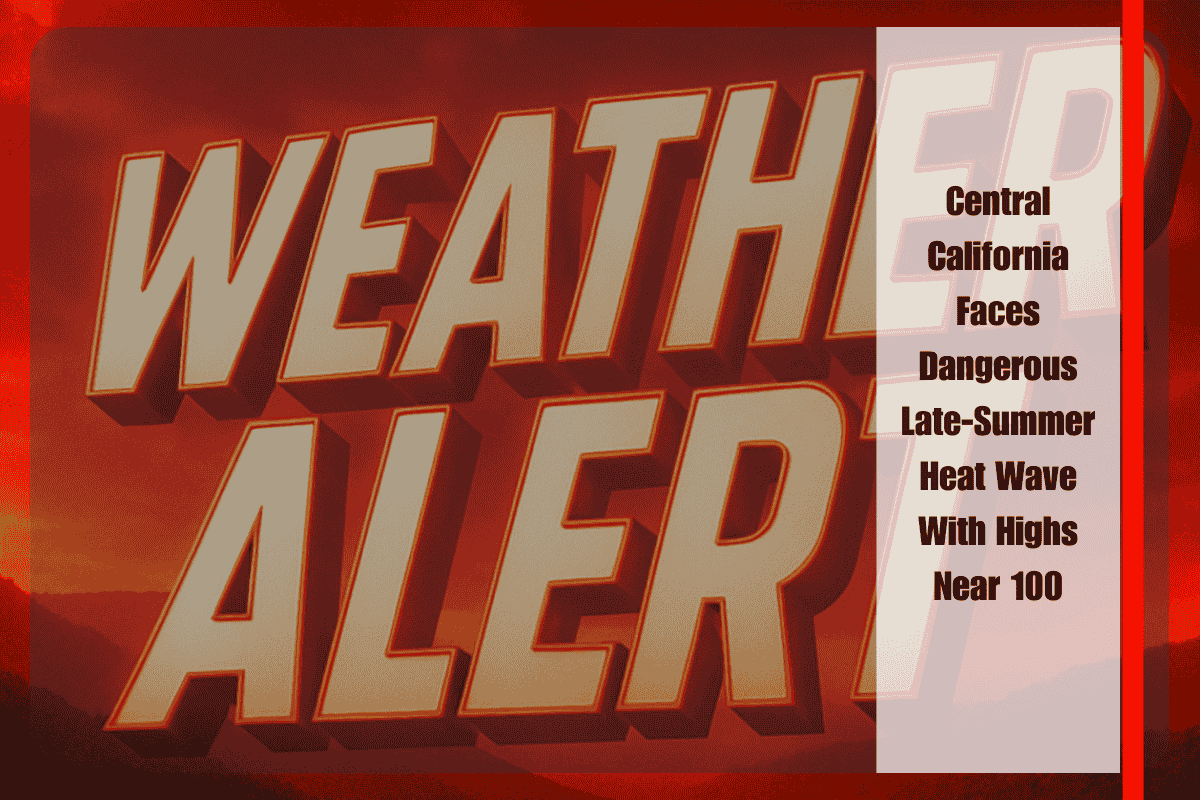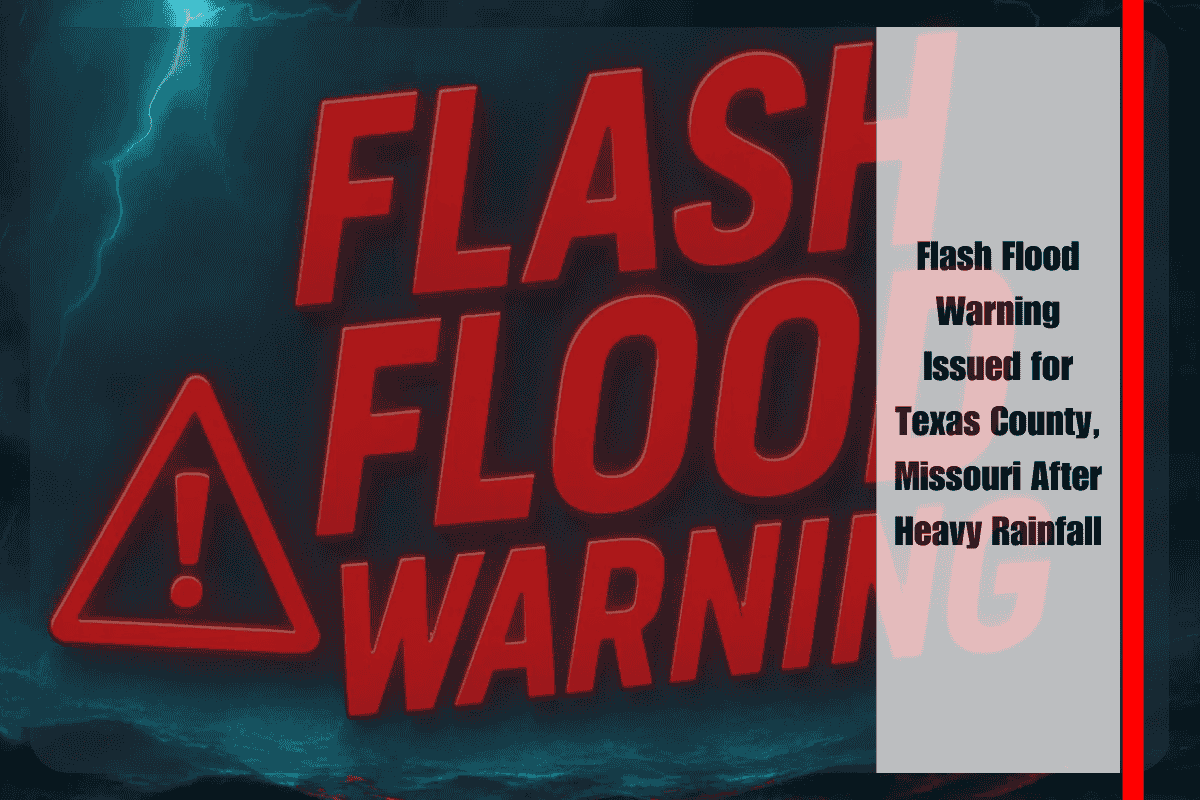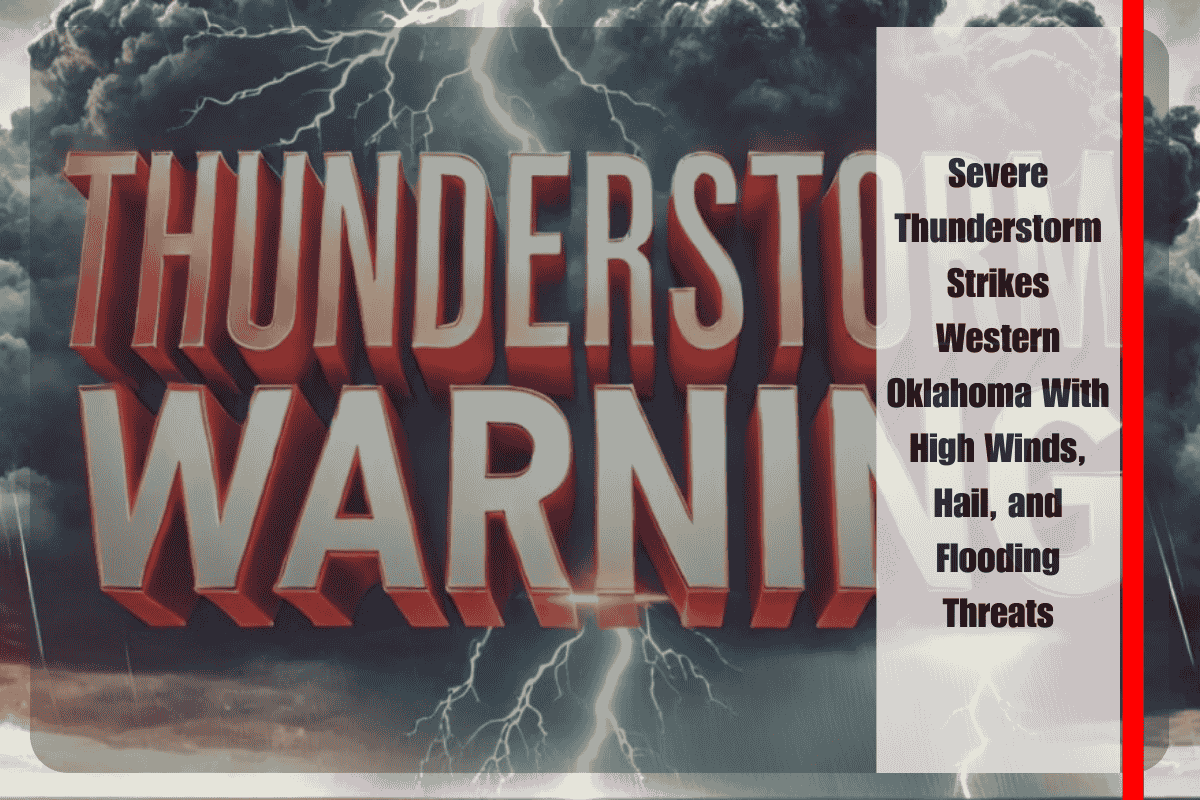Des Moines, Iowa – A dangerous wave of extreme heat is set to blanket much of Iowa starting Saturday afternoon, with heat index values soaring as high as 110°F through Sunday evening. The National Weather Service (NWS) in Des Moines has issued an Excessive Heat Watch from 12 p.m. Saturday to 9 p.m. Sunday for nearly the entire state, including Polk, Linn, Black Hawk, Johnson, and Story counties.
Areas Affected and Heat Risks
The combination of high humidity and temperatures in the upper 90s will push “feels-like” temperatures to life-threatening levels. Cities such as Des Moines, Cedar Rapids, Waterloo, and Ames are expected to experience prolonged heat from Saturday into Sunday, especially during the afternoon and early evening hours.
This intense heat can significantly increase the risk of heat exhaustion or heat stroke, particularly for vulnerable populations like the elderly, young children, and those with pre-existing health conditions. Prolonged exposure to such high temperatures during outdoor events can also be dangerous.
Safety Measures and Precautions
Residents are urged to limit outdoor activities, avoid strenuous physical activity during peak heat hours, and stay hydrated by drinking water regularly. Those without air conditioning should seek refuge in cooling centers, public spaces, or other cool indoor locations. It’s also important to check in on elderly neighbors or those who may be more vulnerable to the heat.
Extended Heatwave Potential
This heatwave marks the first significant stretch of extreme heat for summer 2025, with temperatures potentially continuing into next week. The National Weather Service is closely monitoring the situation, and additional heat advisories or warnings may be issued depending on the evolving conditions.
With dangerously high temperatures expected this weekend, residents in Iowa are advised to take precautions to stay safe during the extreme heat. Stay informed through local weather alerts and follow guidelines to avoid heat-related illnesses.












